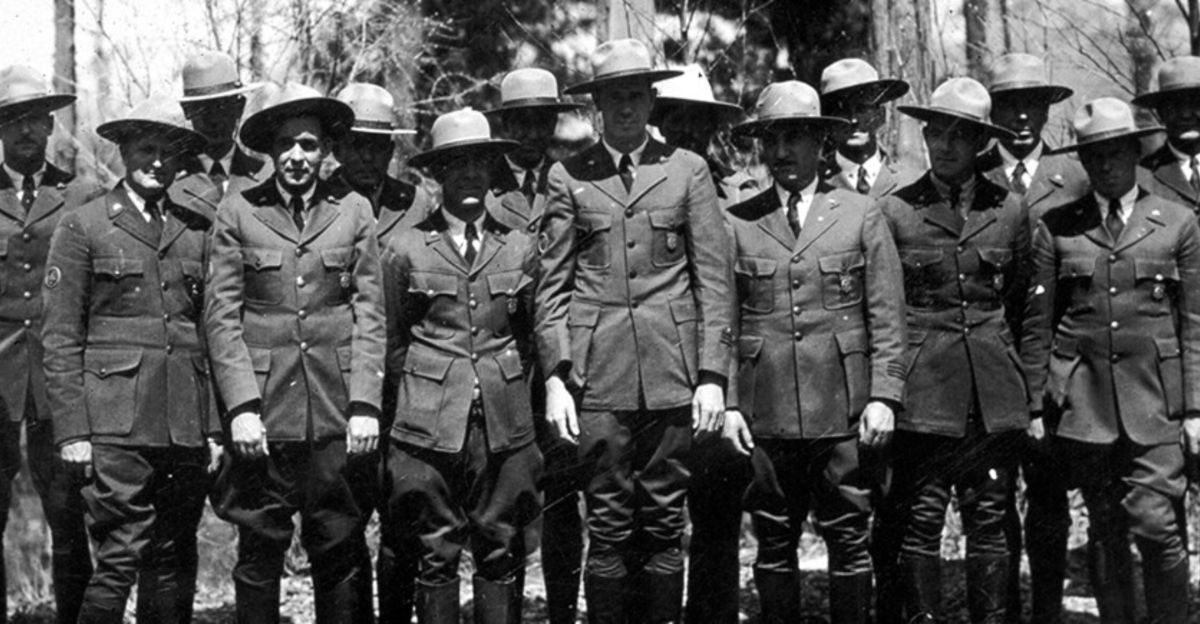
The National Park Service (NPS), established in 1916, is renowned for preserving America’s natural landscapes. However, its inception was influenced by a broader mission encompassing natural and cultural preservation.
Early Preservation Efforts: Hot Springs Reservation
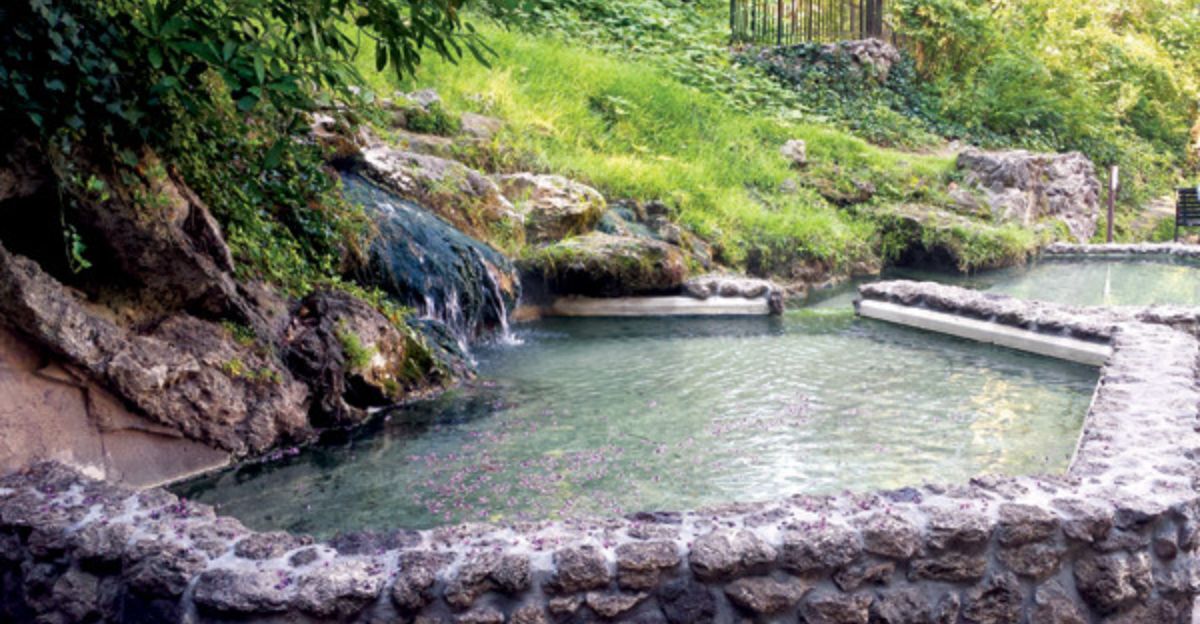
In 1832, the federal government set aside Hot Springs, Arkansas, not for its scenic beauty but to protect its therapeutic hot springs. This area was designated as the Hot Springs Reservation, highlighting early federal interest in preserving sites for public health and recreation.
The Antiquities Act of 1906: Protecting Cultural Sites
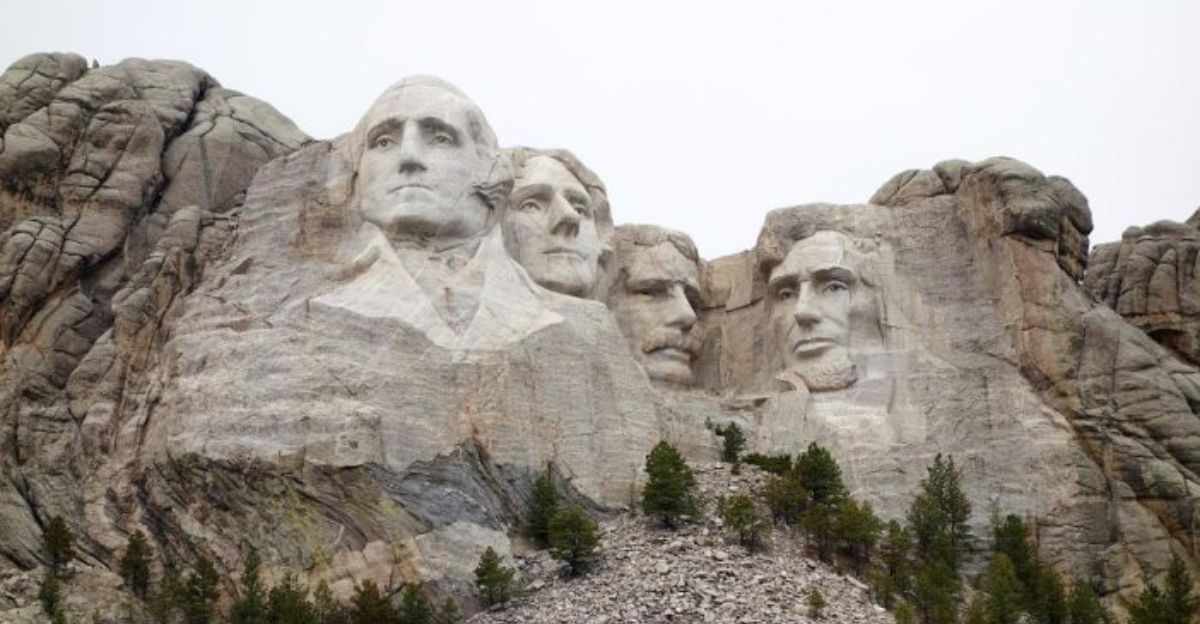
The Antiquities Act of 1906 authorized presidents to proclaim national monuments to protect “historic landmarks, historic and prehistoric structures, and other objects of historic or scientific interest.” This legislation underscored the importance of preserving cultural and archaeological sites, reflecting a commitment beyond natural landscapes.
Mesa Verde National Park: A Cultural Treasure
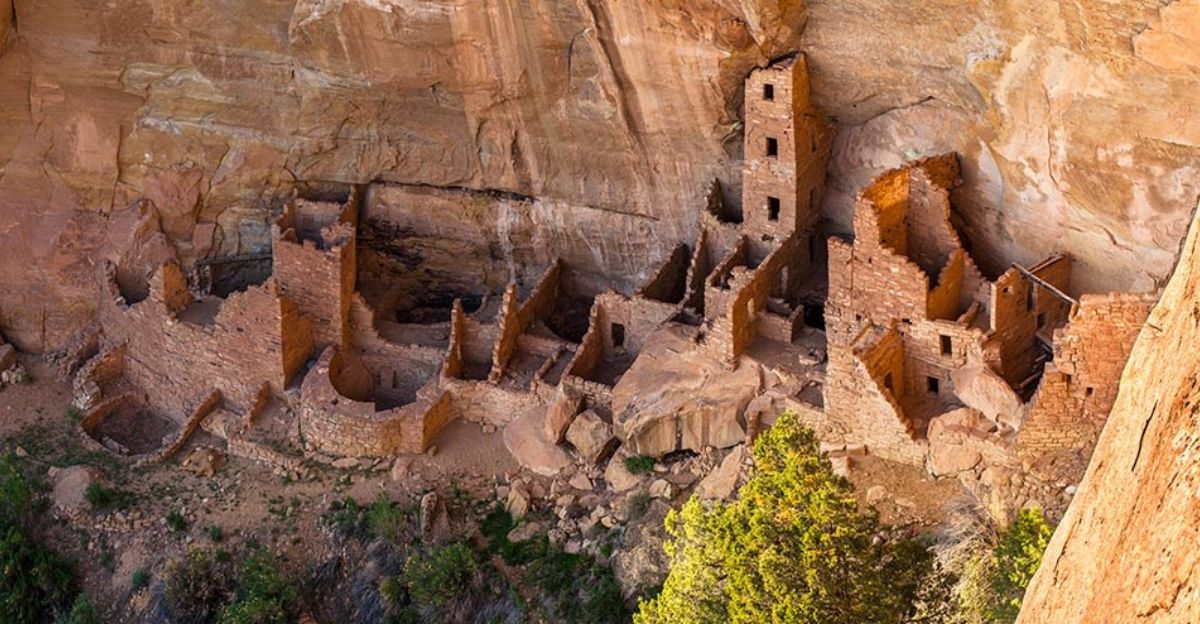
Established in 1906, Mesa Verde National Park in Colorado was created to protect ancient Puebloan cliff dwellings. This marked a significant shift towards recognizing and preserving cultural heritage within the national park system.
The Role of the U.S. Army in Early Park Management
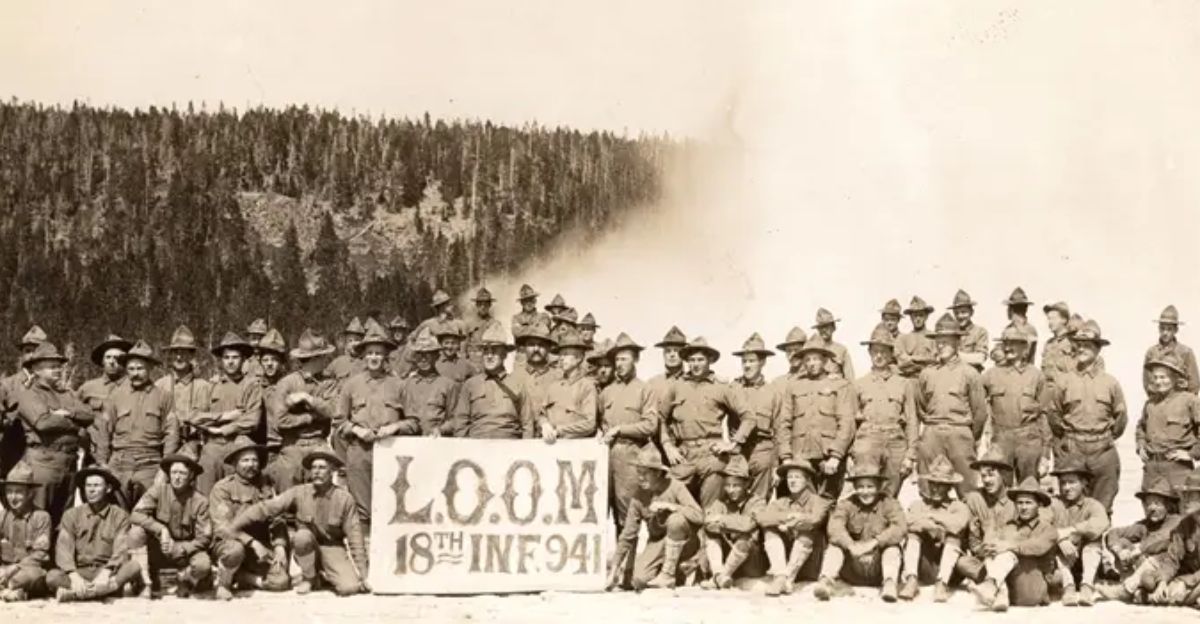
Before establishing the NPS, the U.S. Army was crucial in managing and protecting early parks like Yellowstone. Their presence was essential in safeguarding these areas from exploitation and misuse, laying the groundwork for future conservation efforts.
The Influence of Industrialists and Conservationists
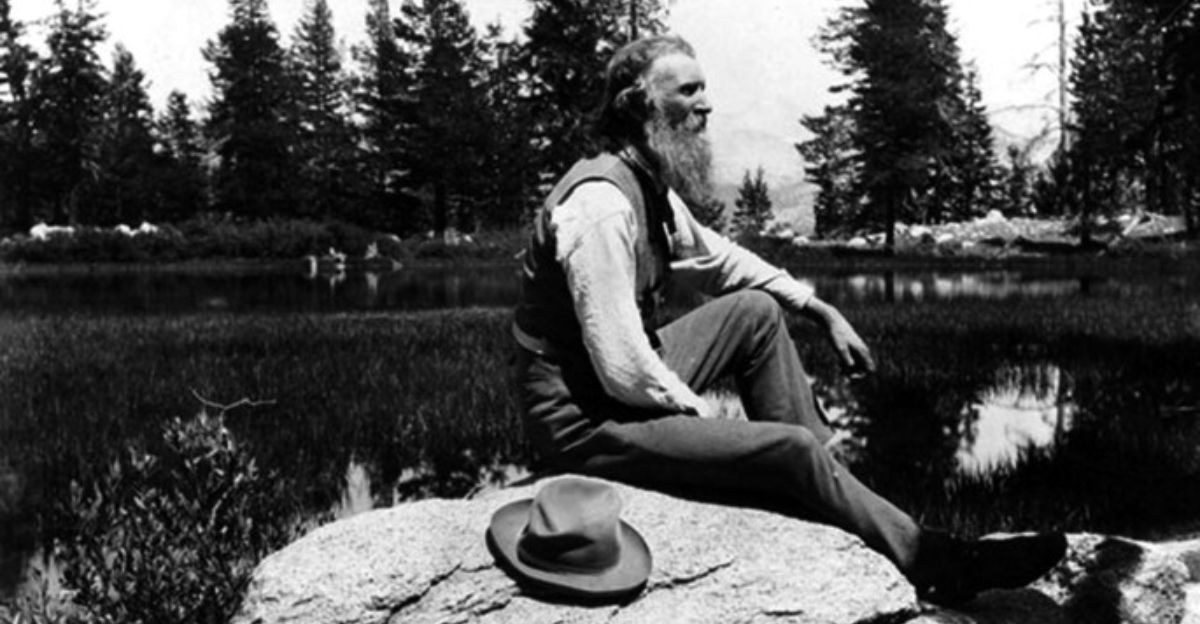
Figures like Stephen Mather, an industrialist and conservationist, were instrumental in advocating for a unified agency to oversee national parks. Their efforts culminated in the creation of the NPS, which combines interests in preservation and public enjoyment.
The Organic Act of 1916: Defining the NPS Mission
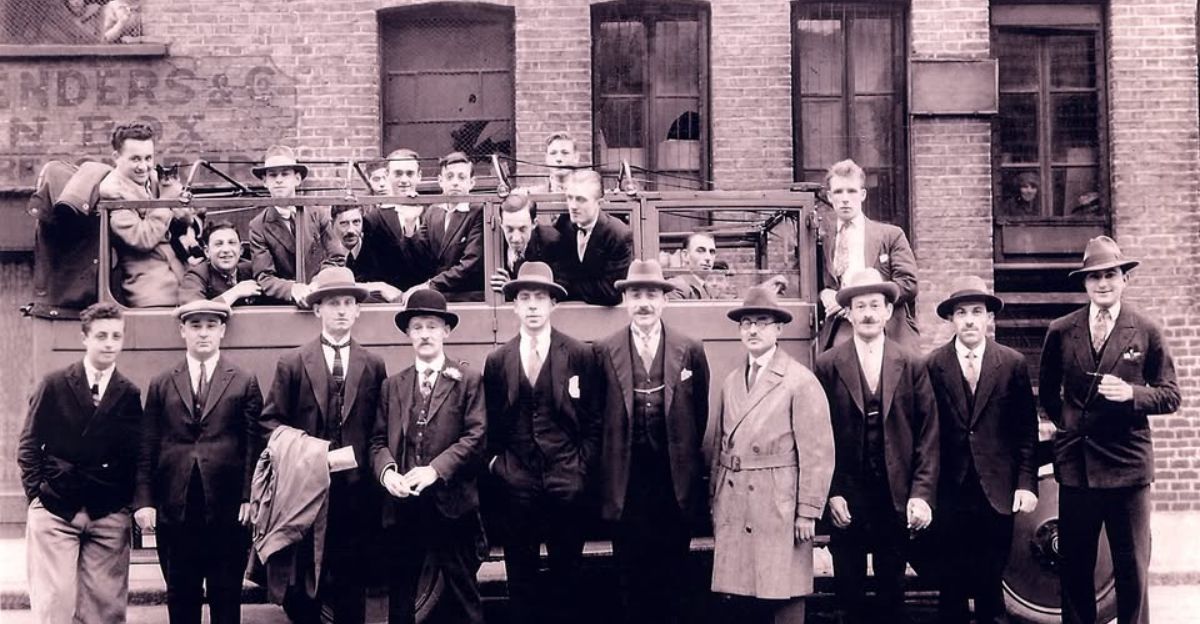
The Organic Act of 1916 established the NPS with a dual mandate: to conserve park resources and to provide for their use and enjoyment in a manner that leaves them unimpaired for future generations. This balanced approach has guided the NPS’s mission since its inception.
Expansion to Include Recreational Areas
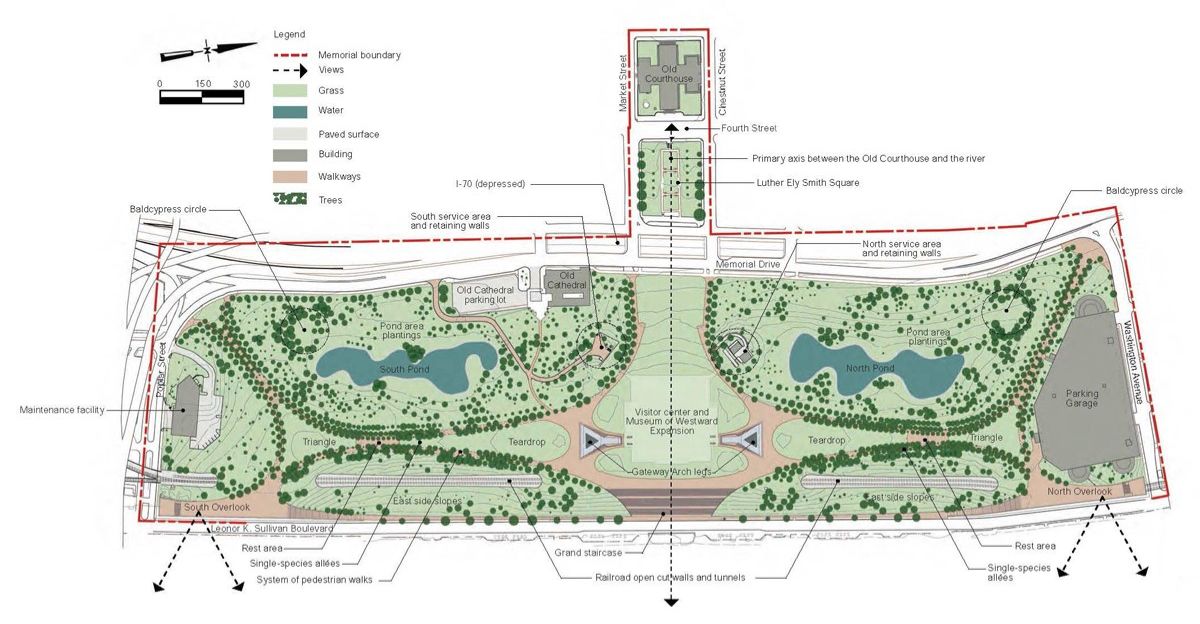
In 1936, the NPS expanded its oversight to include recreational areas like Lake Mead National Recreation Area. This move reflected a broader interpretation of the agency’s mission, incorporating sites offering recreational and conservation opportunities.
Integrating Historic Sites into the Park System
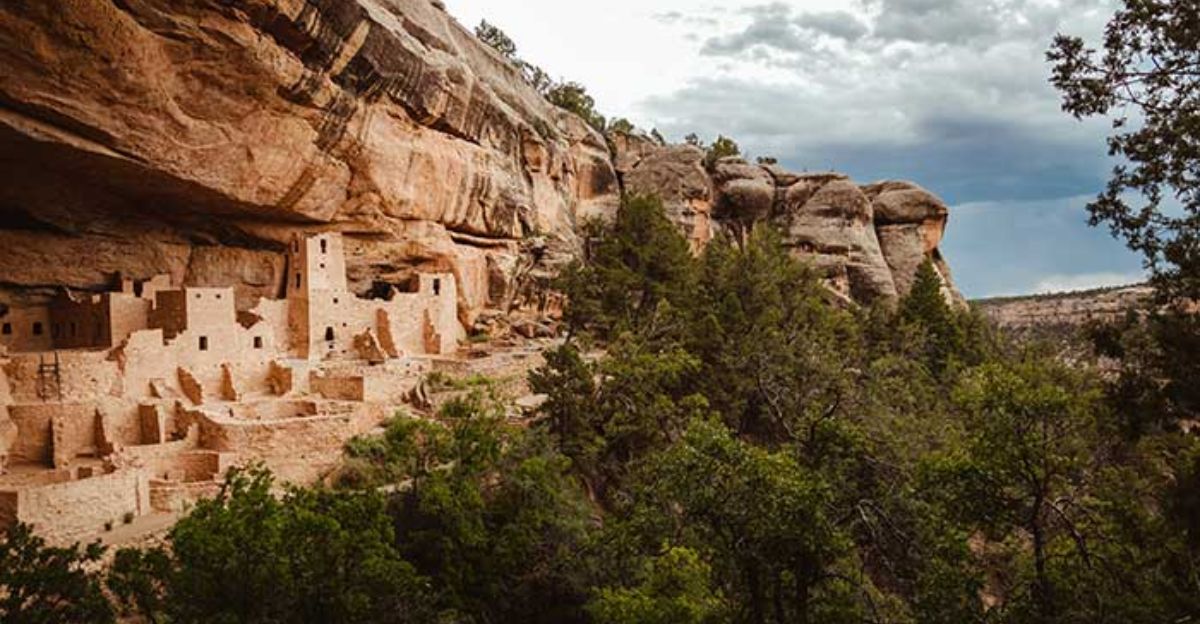
The NPS’s mission further evolved to preserve historic sites like battlefields and landmarks. This integration highlighted the agency’s role in safeguarding the nation’s cultural and historical heritage.
The Impact of the Historic Sites Act of 1935
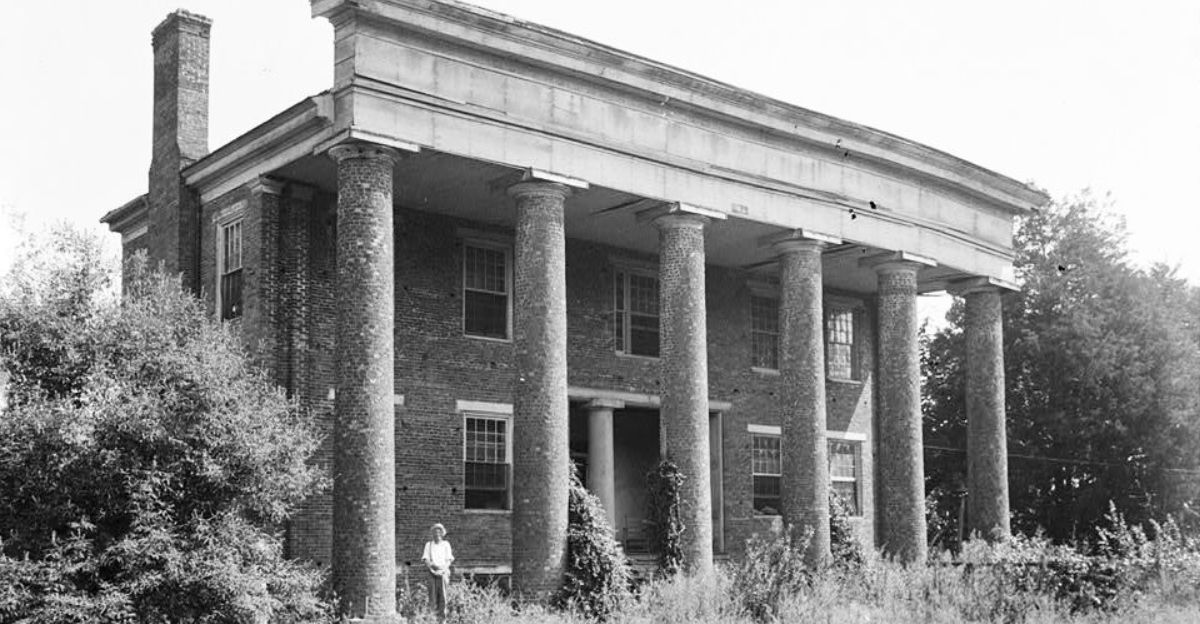
The Historic Sites Act of 1935 authorized the NPS to document and preserve sites of national historical significance. This legislation reinforced the agency’s commitment to cultural preservation alongside natural conservation.
Balancing Conservation and Public Access
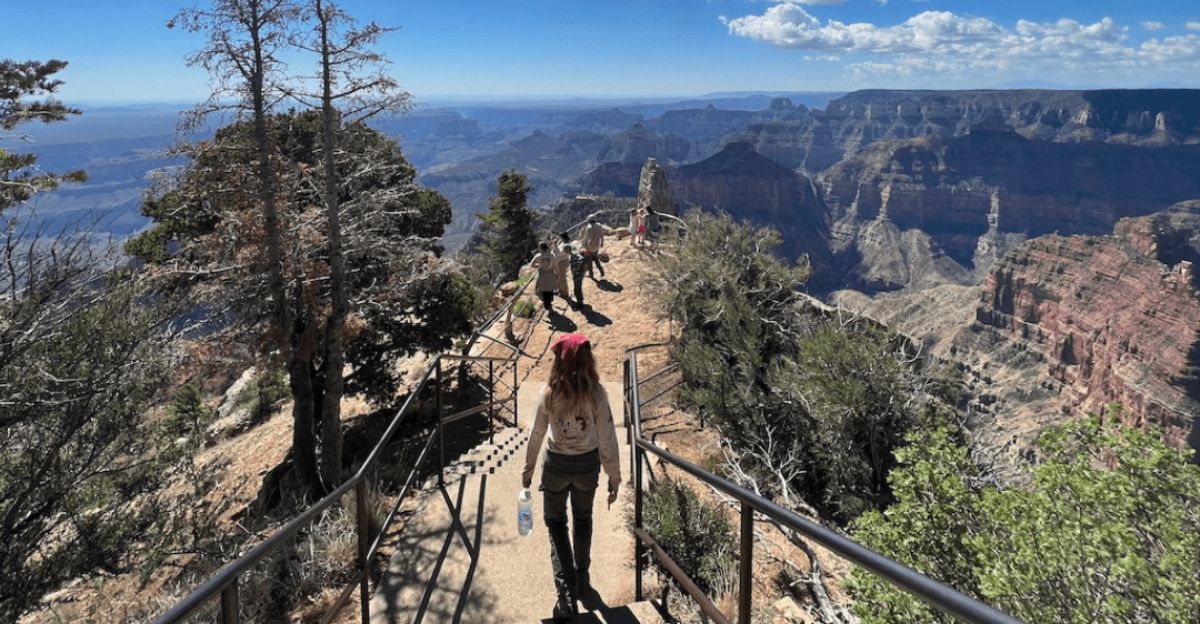
Throughout history, the NPS has navigated the challenge of balancing conservation efforts with public access and enjoyment. This ongoing effort ensures that natural and cultural resources are preserved while remaining accessible to visitors.
Modern Initiatives: Embracing Diversity and Inclusion
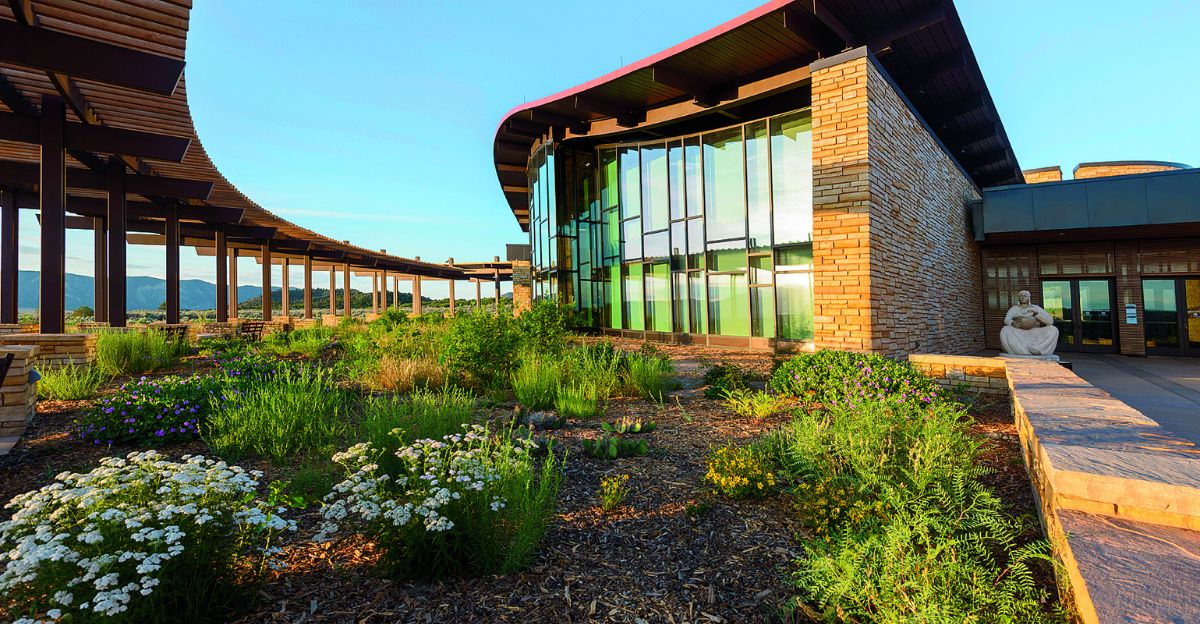
Today, the NPS strives to represent diverse narratives, acknowledging the complex histories associated with many sites. This inclusive approach enriches the visitor experience and fosters a deeper understanding of America’s multifaceted heritage.
The Enduring Legacy of the National Park Service
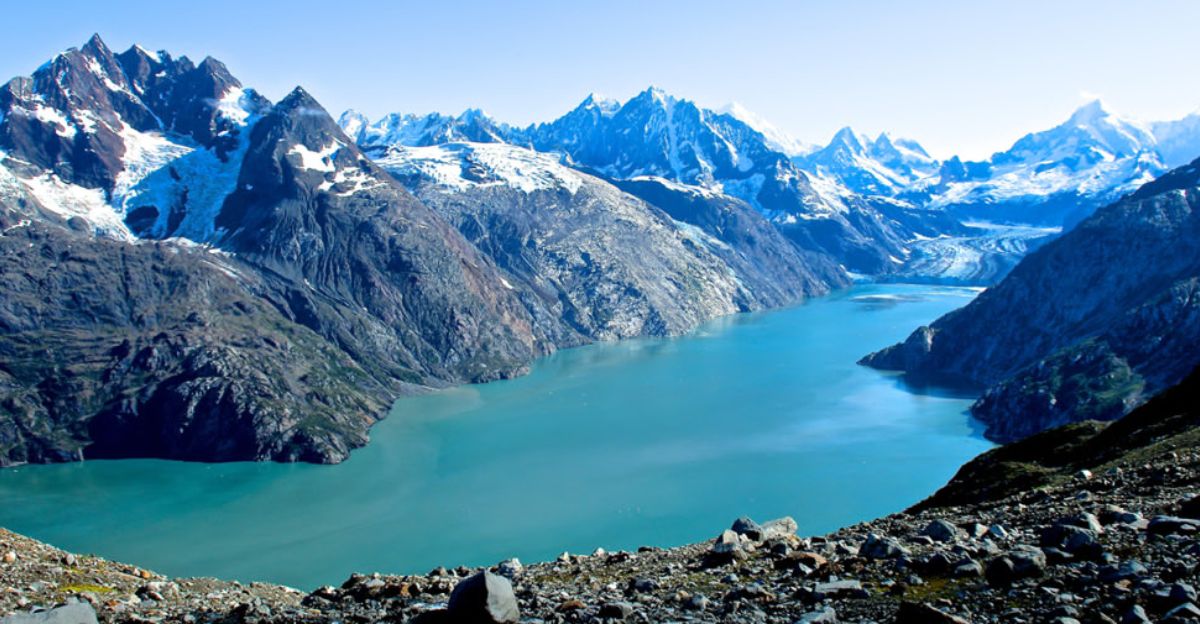
The NPS’s evolution from its surprising origins to its current role reflects a dynamic commitment to preserving natural wonders and cultural treasures. This enduring legacy continues to inspire and educate future generations.
Explore more of our trending stories and hit Follow to keep them coming to your feed!

Don’t miss out on more stories like this! Hit the Follow button at the top of this article to stay updated with the latest news. Share your thoughts in the comments—we’d love to hear from you!







